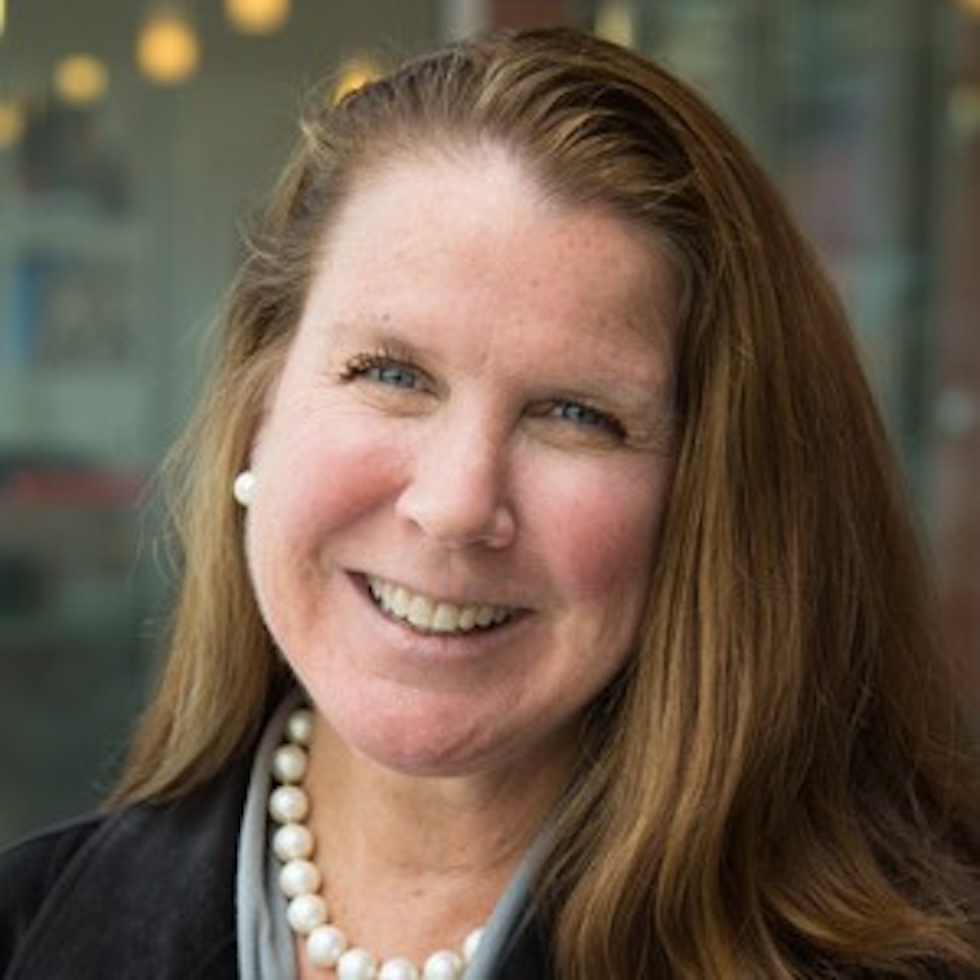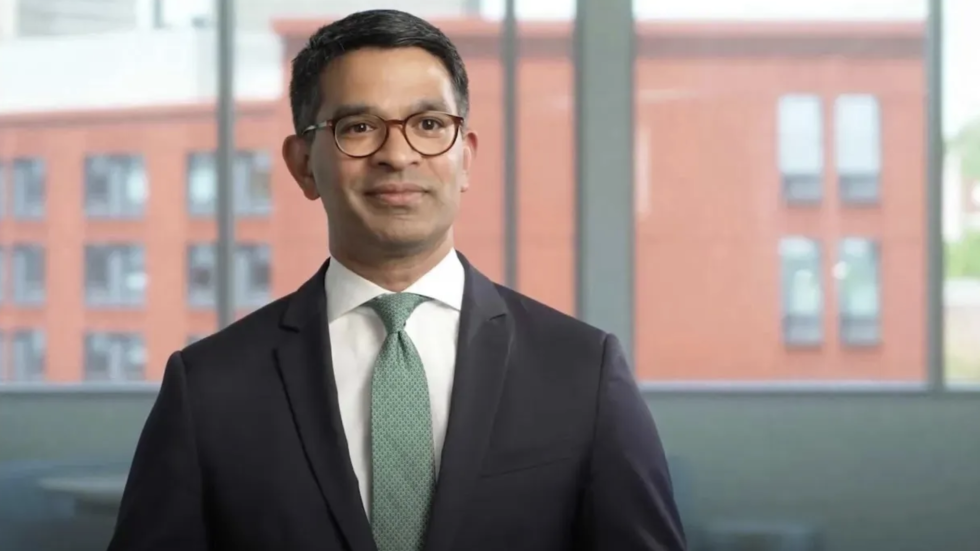
Susan Coogan is the Program Manager for the School of Professional Studies’ Professional Master’s Programs. With over 12 years of experience at Brown, she has witnessed and contributed to the school's remarkable evolution from its early beginnings to its current standing.
Starting her journey in pre-college recruiting, Coogan has worked closely with students across several programs at Brown. She eventually transitioned to recruitment and admissions for the professional master’s programs at SPS, including healthcare leadership, technology leadership and the IE Brown executive MBA.
Through her strong connections with students and high-touch mentorship, Coogan has positively impacted many lives by guiding them into the right programs for their future success and continues to do so today. We asked her ten questions about the past, present and future of SPS in honor of our 10-year anniversary.
How has Brown’s School of Professional Studies evolved since you started working here?
SPS wasn’t even an established school yet when I started working here. We offered continuing education programs specifically to the Brown and Providence community. They were courses or areas of interest that individuals could sign up for, and they would be taught by somebody who was, for example, a retired professional in that field. However, these programs weren't for credit – they were designed for community engagement and lifelong learning.
Also, the focus was primarily on pre-college/summer at Brown programs, which were offered primarily to high school students from all over the world to participate in during the summer. Over 6,000 domestic and international students participated in these programs yearly. At that time, we had one professional master’s program, which was the IE Brown Executive MBA. SPS has grown significantly over the years. Establishing and launching new programs typically took a considerable amount of time, and back then, it often took even longer than it does now.
How did you transition into your role overseeing the professional master’s programs?
When I was first hired in continuing education, the goal was always to eventually transition to recruitment for professional master’s programs, which was an emerging area. Initially, I was responsible for advising students interested in these programs, specifically healthcare leadership and the executive MBA.
Then the cybersecurity and technology leadership programs came along. It was primarily just me at first, and then we hired another recruitment coordinator. Eventually, the professional master’s programs separated from the pre-college/summer at Brown programs.
What is the most rewarding aspect of working at the School of Professional Studies?
Seeing students accomplish their goals is incredibly rewarding. At graduation, they often tell me, “It was the best thing I’ve ever done.” I remember a specific student from the first technology leadership cohort; he had an MBA and was working in insurance, feeling uncertain about his next steps. He later told me, “This was the best program for me at that time.” This was not an uncommon statement.
